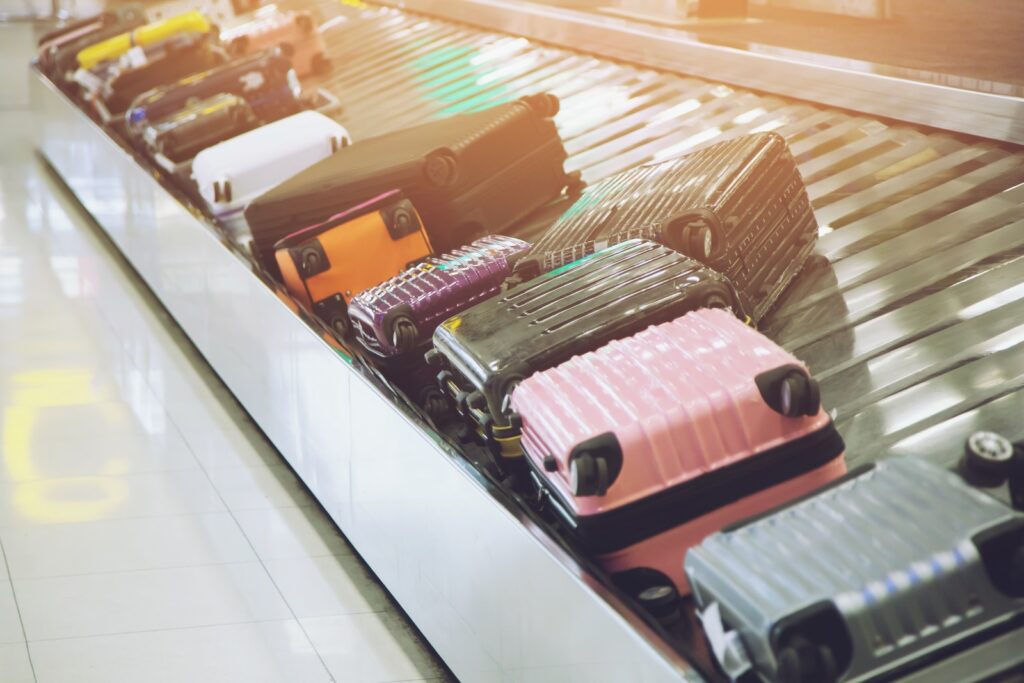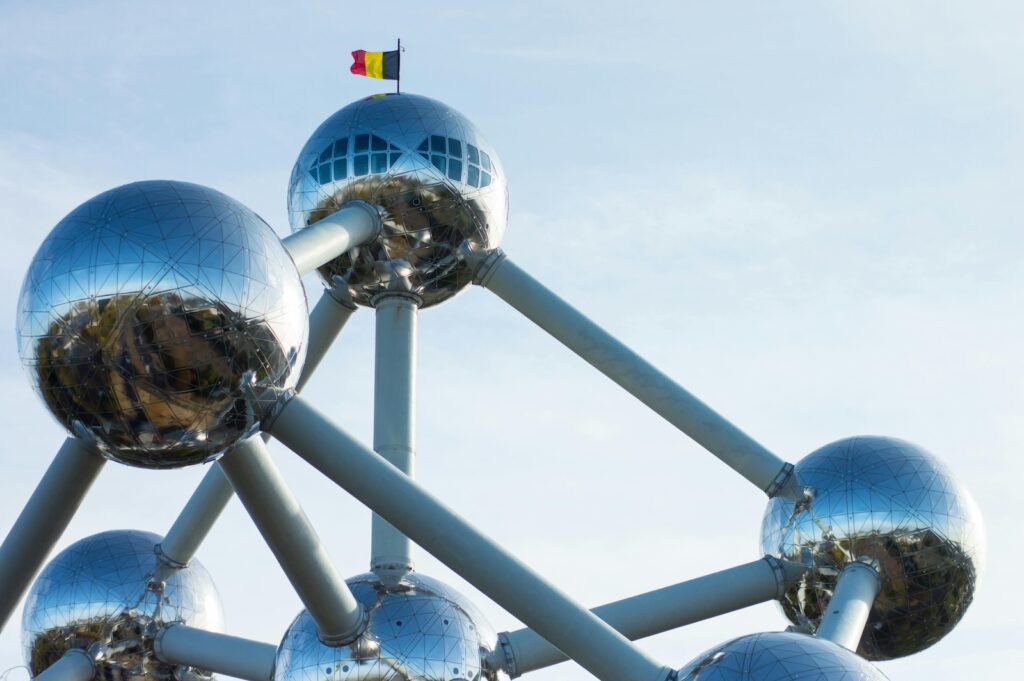Brace yourselves: Europe’s notorious strikes are back, and this time, Germany and Italy are front and center. In the upcoming weeks, transport workers across both countries will be striking, threatening to disrupt flights, trains, and public transit systems. Here’s what you need to know.
Strikes Take Off in Germany
From the end of August, Lufthansa’s Discover Airline pilots will be walking off the job. Based in Frankfurt and Munich, the airline’s 27 aircraft fly to destinations across Europe and beyond. While union officials have promised to minimize disruptions, travelers should expect significant delays and cancellations?.
Italy’s Hot Strike Season
Italy’s peak holiday season prohibits strikes, but with that season ending soon, a wave of protests is set to begin. On September 7, pilots and cabin crew from ITA Airways and Wizz Air will stop work from 1:00 to 5:00 p.m. Air traffic controllers in major airports like Rome’s Fiumicino will join in, with baggage handlers at Milan, Florence, and Pisa following suit.
Rail Strikes on the Horizon
Italy isn’t just facing air disruptions. A nationwide rail strike is scheduled for September 8. Trenitalia and Italo workers plan to walk out for 24 hours, affecting both regional and intercity trains. If you’re counting on a smooth train ride that weekend, think again?.
Public Transit Woes
Italy’s public transportation system will not be spared either. On September 9, bus, tram, and suburban train workers across the country plan to strike. Another 24-hour protest is scheduled for September 20. If you’re relying on public transit, be prepared for delays, disruptions, or full-blown cancellations.
What’s Driving the Strikes?
At the heart of these disruptions are demands for better pay and working conditions. Inflation and stagnant wages have pushed workers across Europe to the breaking point, especially in the transportation sector. With labor unions pushing hard for improvements, strikes have become an almost routine occurrence.
Economic Impacts
The financial implications are hard to ignore. Every day of striking costs airlines, rail operators, and public transit systems millions of euros in lost revenue. The broader economic impact is equally severe, as delayed flights and missed connections ripple through Europe’s economy.
Travelers Caught in the Crossfire
While workers may see strikes as their last resort, travelers bear the brunt. Missed flights, canceled trains, and disrupted itineraries mean headaches for tourists and business travelers alike. The advice from travel experts? Check flight and train statuses regularly, and always have a backup plan.
Are Politicians Paying Attention?
European politicians have been relatively quiet on the issue, but they can’t ignore the mounting frustration. As strikes become more frequent, government officials will need to find a way to address workers’ demands while minimizing public inconvenience.
What Can Travelers Do?
Stay informed. Keep an eye on travel alerts, and consider travel insurance that covers strike-related disruptions. If you’re already in Europe or planning to visit, you might need to reschedule or reroute your trip to avoid the worst of the chaos.
Hope on the Horizon?
While strikes are currently unavoidable, there’s a chance that negotiations between unions and companies could ease tensions. Still, with no agreements in sight, the strikes are set to proceed as planned. For now, it’s a waiting game.
Prepare for Disruptions
Germany and Italy’s strikes this August and September are just the latest in a long series of labor actions disrupting travel across Europe. For tourists and locals alike, the key is preparation. Expect delays, stay informed, and have a backup plan in place.
Featured Image Credit: Pexels / Cristian Manieri.
The content of this article is for informational purposes only and does not constitute or replace professional advice.
The images used are for illustrative purposes only and may not represent the actual people or places mentioned in the article.
For transparency, this content was partly developed with AI assistance and carefully curated by an experienced editor to be informative and ensure accuracy.










